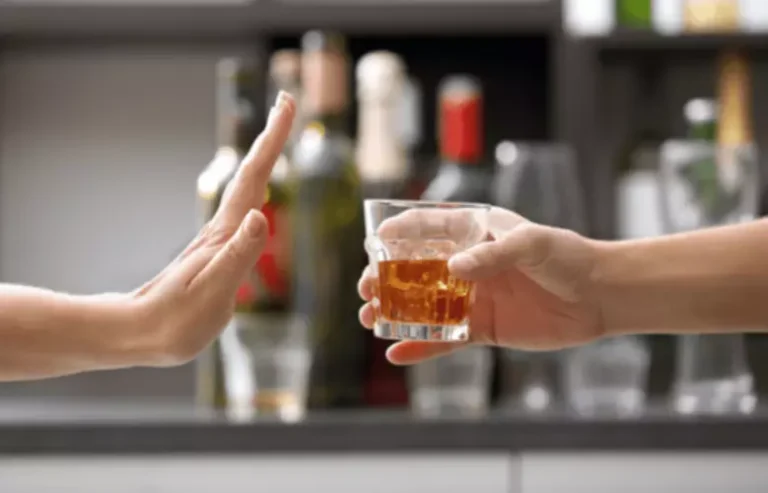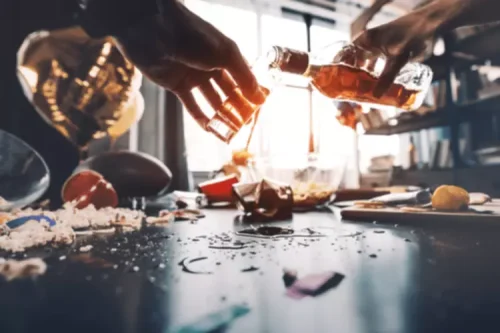Dry Drunk Syndrome: What You Need To Know

In their mind, they still harbor the desire to drink and engage in the same type of alcoholic behavior that got them into trouble in the first place. In other words, they go through the motions, never incorporating the essence and meaning of commitment to recovery. What’s happened dry drunk syndrome to them is external, not something they caused by their alcoholic behavior. Calling people dry drunks after they become sober can make them feel like they’re still as alienated as they were before they quit drinking.
The Connection Between Dry Drunk Syndrome & Co-Occurring Disorders
- However, there is limited research on protracted withdrawal, and it is not yet included in the Diagnostic and Statistical Manual of Mental Disorders.
- They may even come to realize that there are natural better highs out there that are much more satisfying than a drink or a drug.
- All Addiction Resource content is medically reviewed or fact checked to ensure as much factual accuracy as possible.
- However, true recovery involves a deeper exploration of the issues that led to your substance abuse in the first place.
- Other times, a varied course of therapy and counseling can be successful.
Instead of using words that condemn them, we can use words that encourage them to continue the path to recovery. Others think a dry drunk is a person who is sober but unwilling to commit to rehab or other forms of therapy. These people exhibit behaviors similar to the problematic behaviors they displayed while drinking. Remember, recovery is a journey, and seeking support along the way can make all the difference in overcoming dry drunk syndrome. Those who haven’t dealt with addiction firsthand may not understand the long road that lies ahead.
Addiction Info
- Behavioral residue refers to the patterns and habits acquired during the period of active addiction that linger after the substance is no longer being used.
- A person who strives to maintain sobriety can work to overcome this mentality of a dry drunk.
- When two disorders occur at the same time (such as a mental illness and an addiction) they can intertwine to create a bigger, more intense disorder.
- Recovery programs like those we offer at CenterPointe Recovery Center address both psychological and physical dependence, ensuring comprehensive care that targets the root causes of addiction.
- As these feelings grow, they can lead to a mindset of separation from others, feeling misunderstood or isolated.
Learning the symptoms of the dry drunk syndrome and a few strategies to cope better can help you or someone you love to move past this stumbling block toward lasting recovery. Being educated about the potential pitfalls of dry drunk syndrome, and understanding its signs and symptoms, can arm individuals with the tools to recognize if they’re slipping into these patterns. It’s a way of staying vigilant about one’s mental and emotional health. To reduce the risk of relapse, patients are encouraged to change their entire life during addiction treatment. Recovery requires the creation of a new life where it’s easier not to drink or use substances. Other recovery rules include honesty, asking for help when needed, practicing self-care, and not bending the rules.
Resentment for the person who convinced them to stop using
It can feel as if the issues they were hoping to address are insurmountable. Anyone in addiction recovery, even those with significant time in sobriety, can be at risk of dry drunk syndrome. This is sometimes referred to as dry drunk behavior and it describes a very real condition faced by some in recovery. Despite the negative-sounding label, it is used to describe characteristics people may understand rather than show disrespect.


This is likely because the individual has a need to explore the reasons they began drinking in the first place. A dry alcoholic may be sober, but they are likely to still have relationship issues with loved ones. Essentially, these individuals have not explored or healed from what brought them into addiction in the first place. Some symptoms of dry drunk syndrome mimic physical health issues2, like allergies and hypoglycemia. In early AA days, some members wrongly assumed more serious health conditions were simply a phase of their recovery. When those symptoms were medically addressed, they were no longer dry drunk.

Signs & Symptoms of Dry Drunk Syndrome
Once detox is completed, the next step is to begin one-on-one therapy, group sessions, family counseling if appropriate, and other recovery programs. Though this may sound sophomoric, the alcoholic/addict needs to pursue another passion other than his drug of choice. Feeling good about personal accomplishments and prideful goals Sober living home is strong emotional medicine for the alcoholic working on their recovery. People with this syndrome aren’t deliberately attempting to harm their sobriety. Instead, they are people who haven’t addressed the issues that led to their alcoholism. Make it known that you are available to talk when they are feeling down or when they have the urge to relapse.

Related Content
It may seem an obvious point that anyone suffering from addiction should consider seeking professional treatment. But for people suffering from dry drunk syndrome, AA meetings or therapy can often feel futile. They may argue that, since they don’t feel any better after a meeting, they don’t need that kind of help, and besides, they haven’t touched a drink in a while. Sure, they may feel rotten, but as far as they’re concerned, they’re sober and that’s enough. For many people in recovery, the expectation after going through an alcohol rehab program is to return to their earlier “normal” lives and function independently and efficiently without drinking. But the “normal” life they had once led is probably still filled with those stressors that had triggered their addiction in the first place.

Without treatment, you lose the chance to identify trauma, mental health conditions, and instill positive coping skills. A “dry drunk” is someone who’s sober but still experiencing some of the emotions and behaviors caused by alcohol use. The term also describes someone who returns to an immature mindset1 after years or decades of impairment—arguably, back to how old they were when they began drinking. In group therapy, individuals in recovery can learn from and find inspiration from the experiences and progress of others. Most alcoholics fighting dry drunk syndrome usually experience depressive tendencies and may have a challenging time finding activities they can enjoy sober.
